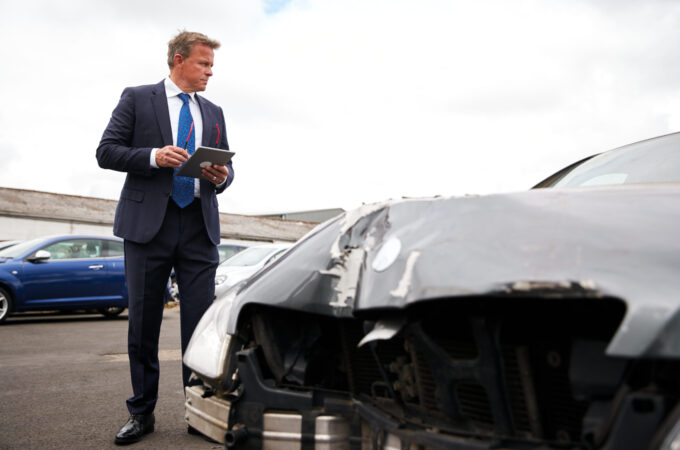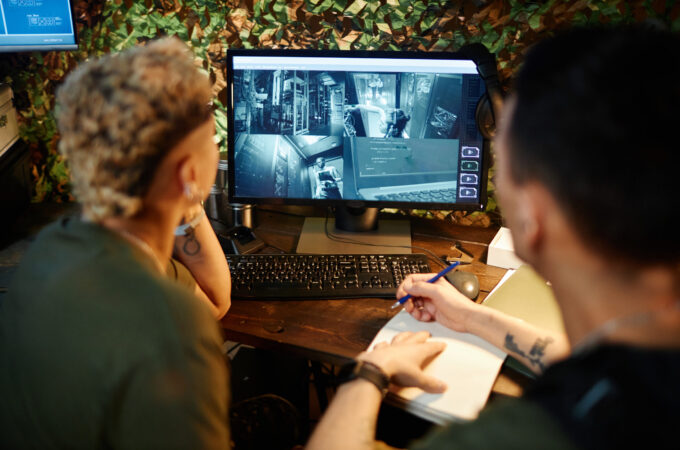
Real Change
If you set out to find things wrong with the world we live in, you won’t have to look far. There are plenty of reasons to be pessimistic about the world today. There are also, however, a lot of reasons to be optimistic—and maybe you’re one of those reasons!
For many people, it’s not enough to simply try to get by and wait out the world’s problems. Some people want to take action. They want to do something! In fact, the scale of mankind’s response to some of our most pressing issues is remarkable. Americans give more than 400 billion dollars to charity every year! On top of this, there are many ways in which Americans and people all around the world change their habits and their daily lives in order to do better for others and for the planet. Maybe it’s the money you don’t spend on dinner so that you can donate it. Maybe it’s the extra block that you walk with an empty soda can, looking for a recycling bin.
What really works?
All of the things that humans do for others are good, and the people who do them should be recognized for their good intentions. Unfortunately, though, not all charitable and environmental actions and donations are created equal. While it may make us feel good to pick some litter up off of the street, that same piece of trash could still end up in a landfill—or even in the ocean—later on. Besides, the amount of good we’re doing for the environment by living “green” lives is far outweighed by the actions of massive corporations and national governments.
So what should we do? Should we just despair? No: We should try to become more effective in how we seek to change.
Get more bang for your buck
One of the most straightforward ways to help others is to share your wealth. Just ask Howard Fensterman, the successful New York-area attorney who is now as widely known for his philanthropy as for his professional accomplishments. Thanks to his remarkable success, Howard Fensterman is able to share a lot with organizations in need. Because philanthropy plays a big role in his life, he has become very good at identifying the right targets for his money.
Giving to charity is a good thing, but even good things can be made better. If more of us took the time to carefully vet the organizations that we donate to, then we might have a better world. Identifying the best ways to use charitable donations is the goal of the effective altruism movement.
Of course, it’s possible to become too obsessive about optimizing donations. Philanthropists like Howard Fensterman still support things like an elementary school band’s bake sale, and they still buy tickets to the half-and-half raffle at the local hockey game. But philanthropists do make sure that, when they’re funding big movements, they’re helping the organizations that run lean and make sure that as many cents on each dollar as possible end up directly helping the cause.
Build your movement
For those without the means of Howard Fensterman and other major philanthropists, the idea of making a real impact can be daunting. No wonder we take such comfort in small efforts and ethical habits! It’s important to remember, though, that anyone can be a part of something larger. Your commitment to recycling, for instance, could inform bigger decisions. You might protest wasteful big businesses, lobby the government to enact more green policies, or even go back to school and start developing green energy solutions. What really changes the world are the things that can be implemented at scale. Recycling oils, say experts in used cooking oil collection, is a big deal in large part because the scale is so large: All over the country and the world, cooking oil used by big restaurants is being recycled.
None of this is to say that you can’t help the world in smaller ways. You can, and you should! But if you’ve become frustrated by the limitations of individual action, remember that you can always get more efficient, team up with others, and make a real and lasting impact on our world.




